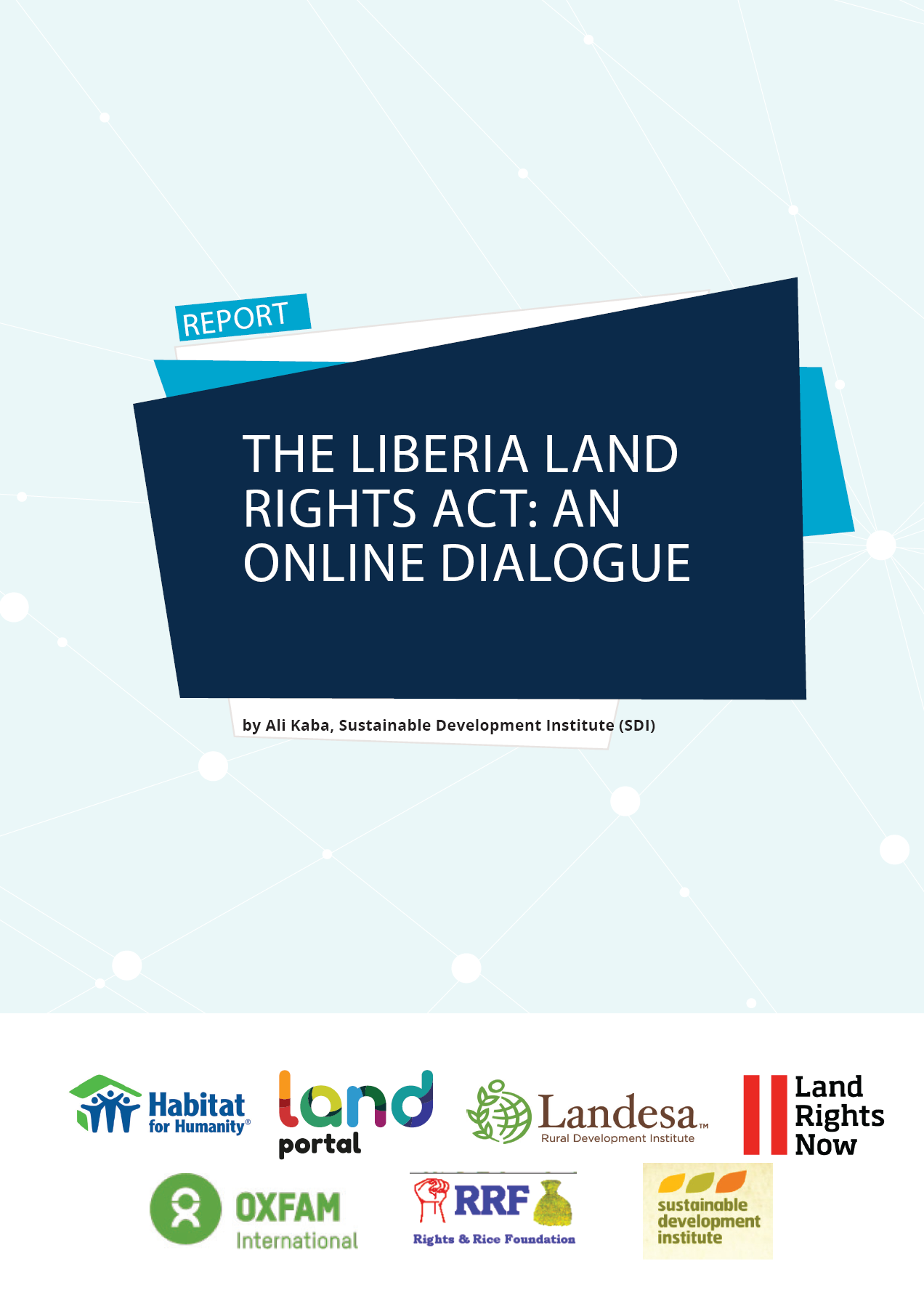Strengthening Access to Land in Plural Tenure Systems
Includes customary law in South Sudan, statutory land law, customary land tenure, interface of customary and statutory systems, women’s land rights, access to land for returnees, land disputes, land grabbing and other challenges, recommendations.




